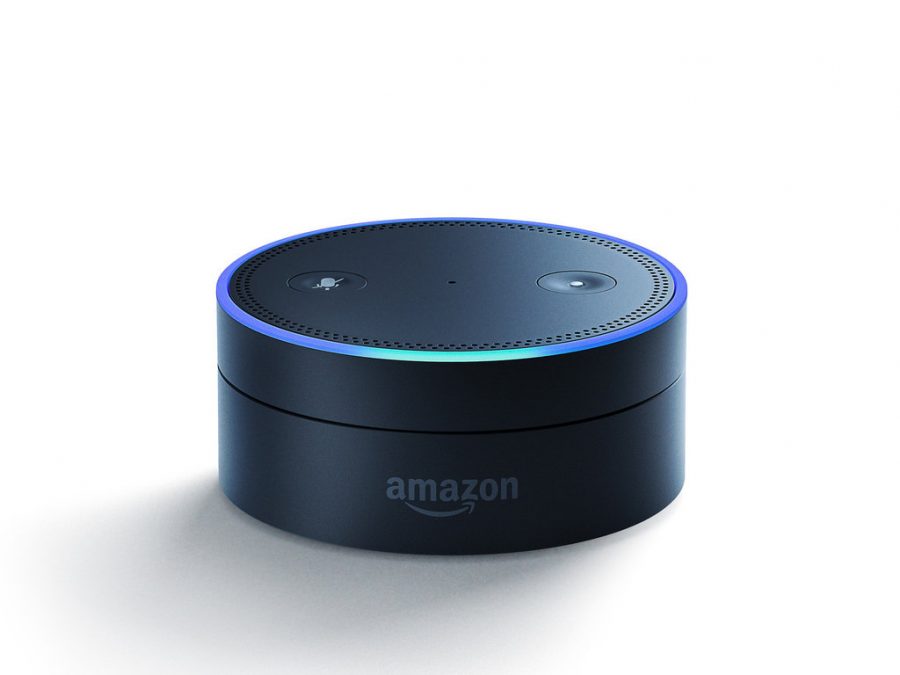Beware our friend, Alexa, and her effects on future generations
April 3, 2018
We’ve all suspected at least one of our friends of being a robot, and with the advancements of technology today, it is now quite possible to have an A.I. (artificial intelligence) as a friend.
In the article “Co-Parenting With Alexa,” written by Rachel Botsman, the author talks about issues of control over development of youth with the incorporation of this autonomous agent. In the beginning of her personal experience, Botsman mentions how she nonchalantly introduced her three-year-old girl to Alexa as an experiment for how children will interact with the machine.
At first, Botsman seemed pleased with how the machine entertained her daughter and how her daughter interacted with Alexa or even learned socially through interacting with Alexa. Then, Botsman was a little spooked because her daughter began treating the machine like it was a human and was telling it to “shut up.” The daughter also figured out that the machine could buy her things, since it was linked to the mom’s card. Such a situation led to some impulse buying habits, but the main point was the machine’s influence over what the girl liked and the way she thought about things.
Ultimately, Botsman explains how the child starts treating the A.I. as a friend, and that brings forth my point that we must question the outcomes of having such friends. It starts with this generation of children, but who is to say that adults are not seeing these autonomous agents as friends too?
If you really think about it, having a robot as a friend is incredibly convenient because it would never get upset with you, it would always do things for you when you ask and it would always have the answers. Sounds like a pretty good friend if you ask me.
However, this brings questions of “how ‘human’ could we comfortably let these A.I. get?” and “how close can we really get to them?” Or we could consider an even bigger set of questions such as, “should we trust robots?” or “do we trust them too much?”







